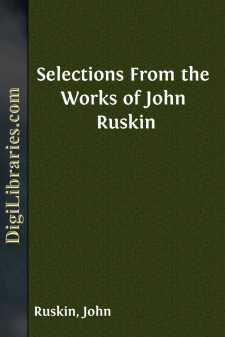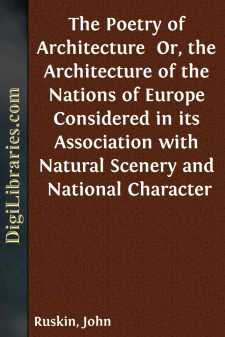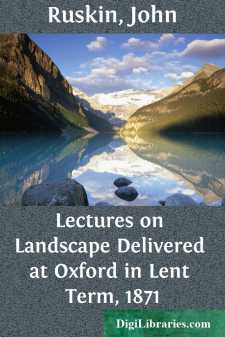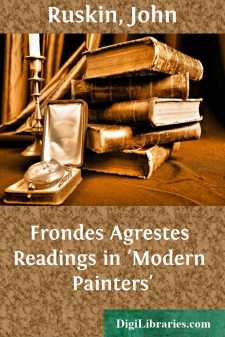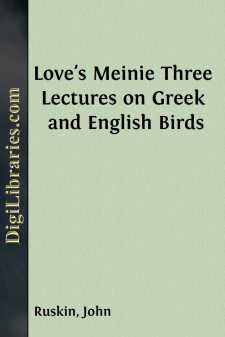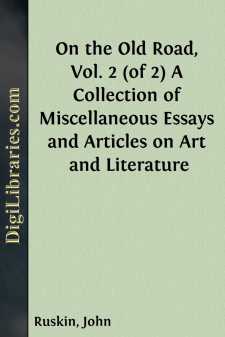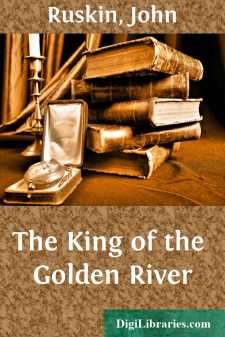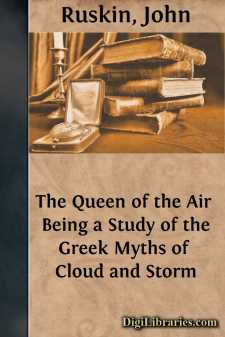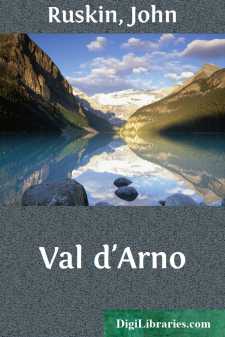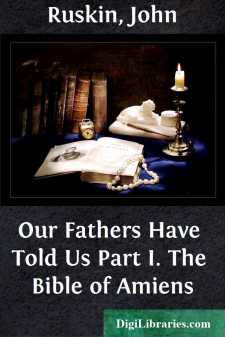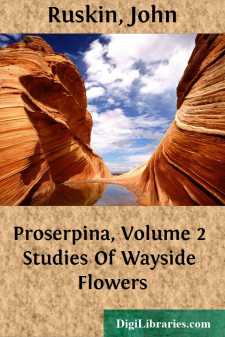Categories
- Antiques & Collectibles 13
- Architecture 36
- Art 48
- Bibles 22
- Biography & Autobiography 813
- Body, Mind & Spirit 142
- Business & Economics 28
- Children's Books 17
- Children's Fiction 14
- Computers 4
- Cooking 94
- Crafts & Hobbies 4
- Drama 346
- Education 46
- Family & Relationships 57
- Fiction 11829
- Games 19
- Gardening 17
- Health & Fitness 34
- History 1377
- House & Home 1
- Humor 147
- Juvenile Fiction 1873
- Juvenile Nonfiction 202
- Language Arts & Disciplines 88
- Law 16
- Literary Collections 686
- Literary Criticism 179
- Mathematics 13
- Medical 41
- Music 40
- Nature 179
- Non-Classifiable 1768
- Performing Arts 7
- Periodicals 1453
- Philosophy 64
- Photography 2
- Poetry 896
- Political Science 203
- Psychology 42
- Reference 154
- Religion 513
- Science 126
- Self-Help 84
- Social Science 81
- Sports & Recreation 34
- Study Aids 3
- Technology & Engineering 59
- Transportation 23
- Travel 463
- True Crime 29
Selections From the Works of John Ruskin
by: John Ruskin
Description:
Excerpt
Introduction
Two conflicting tendencies in Ruskin.
It is distinctive of the nineteenth century that in its passion for criticising everything in heaven and earth it by no means spared to criticise itself. Alike in Carlyle's fulminations against its insincerity, in Arnold's nice ridicule of Philistinism, and in Ruskin's repudiation of everything modern, we detect that fine dissatisfaction with the age which is perhaps only proof of its idealistic trend. For the various ills of society, each of these men had his panacea. What Carlyle had found in hero-worship and Arnold in Hellenic culture, Ruskin sought in the study of art; and it is of the last importance to remember that throughout his work he regarded himself not merely as a writer on painting or buildings or myths or landscape, but as the appointed critic of the age. For there existed in him, side by side with his consuming love of the beautiful, a rigorous Puritanism which was constantly correcting any tendency toward a mere cult of the aesthetic. It is with the interaction of these two forces that any study of the life and writings of Ruskin should be primarily concerned.
I
THE LIFE OF RUSKIN
Ancestry.
It is easy to trace in the life of Ruskin these two forces tending respectively toward the love of beauty and toward the contempt of mere beauty. They are, indeed, present from the beginning. He inherited from his Scotch parents that upright fearlessness which has always characterized the race. His stern mother "devoted him to God before he was born,"
and she guarded her gift with unremitting but perhaps misguided caution. The child was early taught to find most of his entertainment within himself, and when he did not, he was whipped. He had no playmates and few toys. His chief story-book was the Bible, which he read many times from cover to cover at his mother's knee. His father, the "perfectly honest wine-merchant," seems to have been the one to foster the boy's aesthetic sense; he was in the habit of reading aloud to his little family, and his son's apparently genuine appreciation of Scott, Pope, and Homer dates from the incredibly early age of five. It was his father, also, to whom he owed his early acquaintance with the finest landscape, for the boy was his companion in yearly business trips about Britain, and later visited, in his parents' company, Belgium, western Germany, and the Alps.Early education.
All this of course developed the child's precocity. He was early suffered and even encouraged to compose verses; by ten he had written a play, which has unfortunately been preserved. The hot-house rearing which his parents believed in, and his facility in teaching himself, tended to make a regular course of schooling a mere annoyance; such schooling as he had did not begin till he was fifteen, and lasted less than two years, and was broken by illness. But the chief effect of the sheltered life and advanced education to which he was subjected was to endow him with depth at the expense of breadth, and to deprive him of a possibly vulgar, but certainly healthy, contact with his kind, which, one must believe, would have checked a certain disposition in him to egotism, sentimentality, and dogmatic vehemence....


